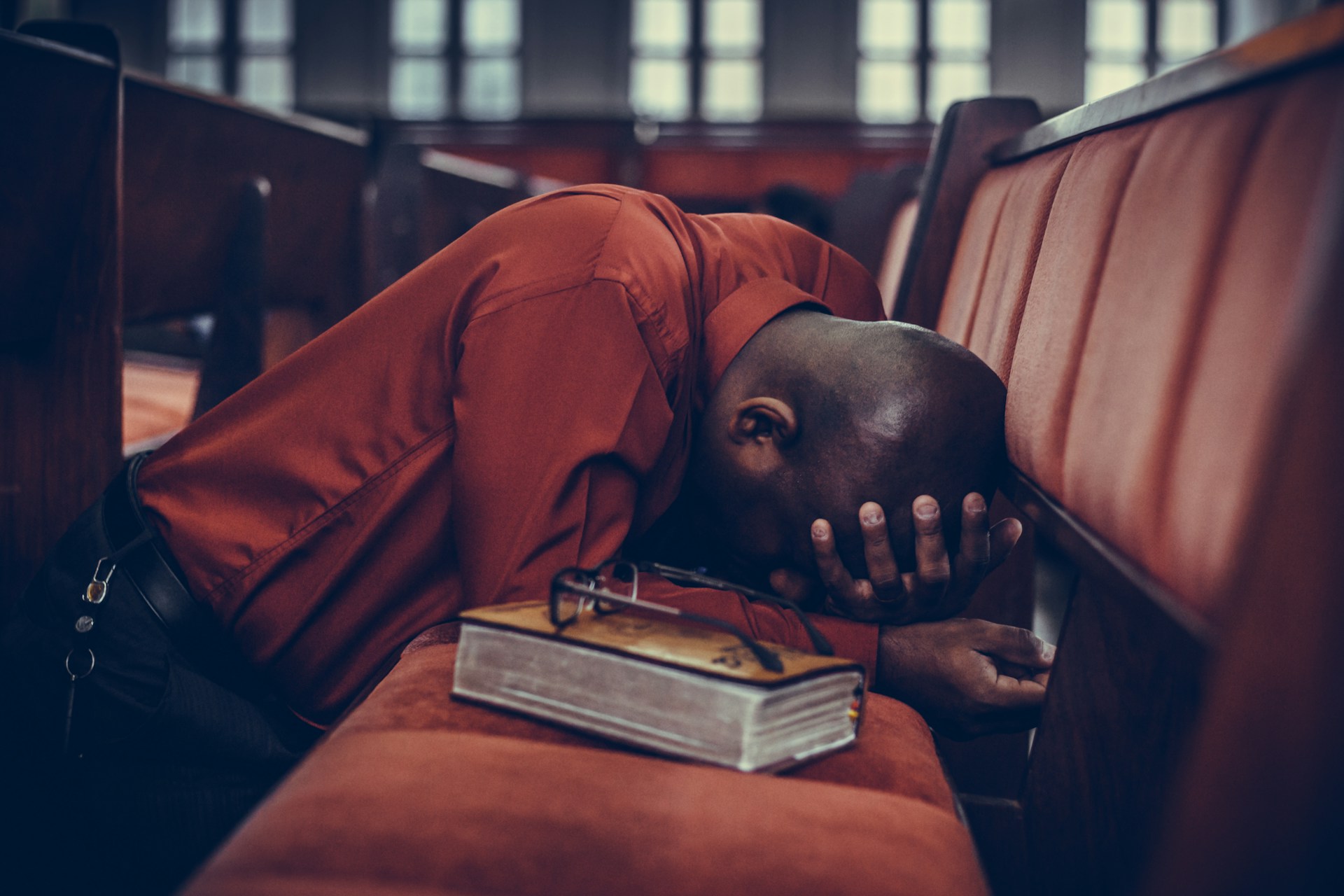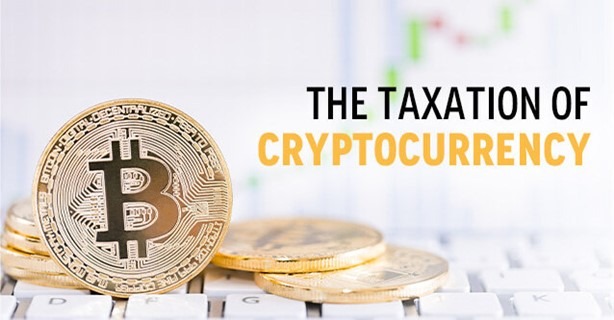By Jackline Ayesiza
Since time immemorial, human society has been intricately woven with threads of religion, politics and public policy, each contributing to its profound complexity. Renowned German Sociologist Max Weber argued in one of his works titled “The Protestant Ethic and the Spirit of Capitalism,” that religious beliefs and values shaped the ethos of hard work, thrift and worldly success, contributing to the rise of capitalist economies. He further underscored the critical role of religious institutions in legitimizing political authority and maintaining social order.
Weber’s argument about the influence of religion on public policy may seem to have been advanced way back, however, it still stands to date. Cameron Abadi the Deputy Director at Foreign Policy Magazine, even puts it much better when he revealed that Pope Francis remains an authority on many global policy issues including climate change and capitalism – which he has prominently spoken against. Actually the Pope often times has maintained a harsh stance against capitalism through his tough view that the economy ought to be returned to the service of human beings.
The influence of religion on politics and public policy is not only evident at the international scene but is also alive in the context of Uganda. It should be recalled that during the appointment process of ministers and key public servants, religious leaders are used as a lobbyist tool and the same applies whilst formulating public policies. Before the adoption of Islamic banking in Uganda, Muslim leaders played a fundamental role in influencing President Yoweri Kaguta Museveni, until it sufficed.
American Philosopher Martha Nussbaum makes a compelling argument which is indeed visible in our society. Her opinion on religion and policy is that they are both mutually exclusive in a sense that religion influences policies that protect human dignity and well-being. This applies mainly to the Late Bishop Desmond Tutu who undeniably remains one of those religious leaders that used their clerical call to preach against apartheid policies in South Africa whenever he stood on the pulpit, something that would later win him the much coveted Nobel Peace Prize.
Notwithstanding its positive contribution on politics and public policy, “religion”, can be used as a tool of radicalization. This is to simply state that extremist religious dogmas can propagate violence and insecurity. The current global security threats to do with terrorism and violent extremism are partially fueled by religious fundamentalism soaked in theological (mis) interpretations as argued by Scholar William Cavanaugh. A vivid example of religious fundamental groups is the Boko Haram in Nigeria who have accordingly used radical interpretation of Islamic law in the West Africa leaving at least 35,000 people killed and more than 2 million displaced.
Conclusively, religion is a strong force in politics, public policy and security, as one can also contend that is a double-edged sword depending on how it’s applied. Besides that, the common denominator of all religions is almost similar and this is what should matter most. For instance, all religion preach love, justice, respect, understanding and empathy which either directly or indirectly influence politics, public policy and security.
The author is the Chief Communications Officer at DEI


